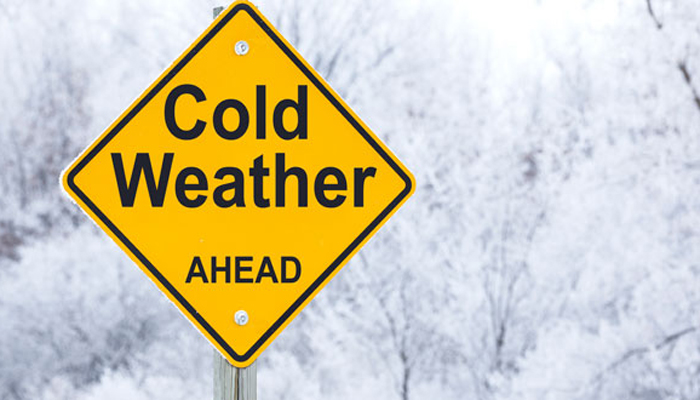What if I can’t get to work due to snow and other workplace safety considerations

Severe weather is forecast in the next few days, bringing with it travel conditions that can cause chaos for workplaces and employees alike. So, what can employers do to ensure staff safety whilst maintaining business operations? Two experts from Peninsula, a provider of HR and Health and Safety Services for businesses offer their advice.
Gavin Scarr-Hall, Director of Health and Safety at Peninsula, said: “Colder temperatures and the presence of snow and ice pose unique and significant risks within the workplace. It’s important to put the correct measures in place to ensure that employee safety remains at the forefront of every business.
“Before employees even arrive at work, they will face significant health & safety issues. Employers should provide advice on steps employees can take to ensure their safety whilst travelling to, or for, work.
“For example, checking for any diversions or travel restrictions before beginning their journey and allowing extra time to get to their destination, to account for any delays and allow them to arrive in a relaxed state. Remember to drive to the road conditions, taking extra care when driving on exposed routes such as bridges, or high open roads, if there is no alternative route.
“It is good practice to keep some winter safety items in the car, such as snacks, water, a torch, first aid kit, a waterproof jacket and extra layers of warm clothing.
“Employees who commute via public transport will need to take extra care when travelling and be aware that public transport delays may affect their ability to get to work.
“Under health & safety legislation, employers must ensure that staff who drive for work are fit, competent, and capable of handling severe driving conditions, while also ensuring that staff don’t undertake a hazardous journey. Make sure that vehicles are fit for purpose, with any safety equipment in place. Look at whether journeys are necessary, rescheduling appointments where possible to avoid putting employees at risk.
“Icy conditions can also present a major slip hazard. It is an employer’s responsibility to ensure the health and safety of all employees, and this extends to taking steps to control slip and trip risks - whether that’s in the premises, or around it. To mitigate this risk, you should grit all entry points and display signage to warn of hazardous surfaces.
“Your severe weather policy should directly address all risks of winter weather, both travelling and working in it, as well as the control measures that you have put in place to mitigate them.”
Kate Palmer, Employment Services Director at Peninsula, commented: “Though it is an employee’s responsibility to arrive at work on time, employers will need to exercise understanding of everyone’s individual circumstances.
“If an employee is unable to get to work – either on time or at all – then you’ll need to consider how to manage this. One option could be for employees to use their annual leave or any time off in lieu that has been earned. It can be difficult to enforce use of annual leave due to the requirement to give double the notice period to the time being used, which isn’t always possible during severe weather.
“It can be difficult to continue with business as usual when staff can’t get to work, so some employers may decide that it's more cost-efficient to close for the day. If this happens, then employees will need to be paid as usual unless there is a specific ‘lay-off’ clause in the employment contract.
“Where possible, allowing employees to temporarily work from home during severe weather can often be the simplest and most cost-effective solution. But it’s not one that will work for all businesses.
“All businesses should have a Severe Weather Policy in place confirming what staff should do in severe conditions, what pay or time off they are entitled to, and the steps the business has taken to keep them and the workplace safe.”
Add your comment

- Administration 1
- Building Design, Planning, Development 1
- Catering 3
- Construction 4
- Contracts, Projects, Bids 2
- Energy Management 1
- Engineering, Maintenance 14
- Estates, Property 4
- Facilities Management (main) 21
- Hard Services 12
- Health & Safety 1
- Management 6
- M&E 4
- Operations 9
- Sales & Marketing 3
- Soft Services 6
- Sustainability 1
- ICT, Technical 2
- Workplace 2


